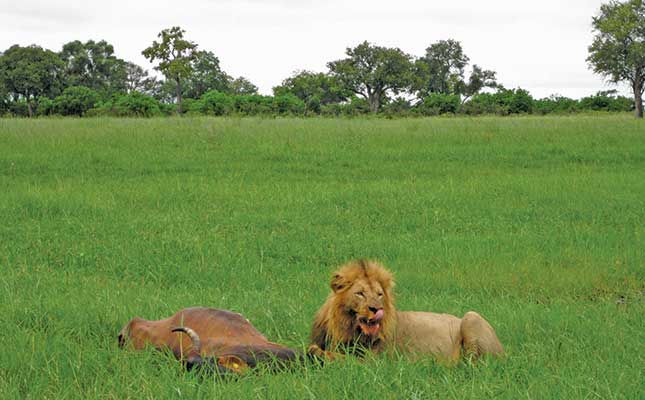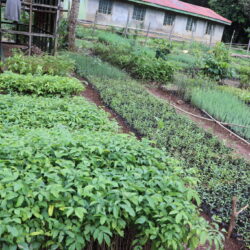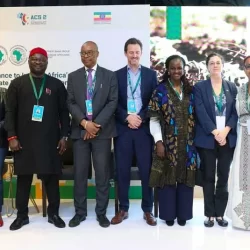A new investigative report from World Animal Protection Africa has documented widespread animal suffering and public health risks within Kenya’s commercial wildlife farms, prompting an urgent call for a national ban on the industry. The study, titled “Behind Bars: Lifting the Lid off Kenya’s Cruel Wildlife Farming,” alleges that facilities exploit animals like crocodiles, giraffes, and hippos under the guise of conservation, creating a multi-faceted risk to public health and the nation’s international reputation.
The report, based on months of undercover fieldwork, describes a consistent pattern of animal welfare abuses. Researchers found animals suffering from overcrowding, untreated injuries, parasite infestations, and poor nutrition, leading to severe stress behaviours. The findings suggest these farms prioritise profit over animal well-being, raising questions about the industry’s ethical and economic sustainability.
Zoonotic Disease and Illegal Trade Concerns
Beyond animal cruelty, the investigation highlights significant public health risks. Many farms encourage close contact between visitors and animals but lack basic hygiene infrastructure, such as handwashing facilities. The report warns that these unsanitary, crowded conditions are “perfect conditions for the spread of zoonotic diseases,” a major concern in the post-COVID-19 era.
Conservation efforts are also reportedly undermined. The study claims that some farms are supplementing their captive populations with wild-caught animals, potentially creating channels for illegal trafficking and threatening indigenous wildlife populations. These practices, which run counter to global agreements like the Convention on International Trade in Endangered Species of Wild Fauna and Flora (CITES), pose a direct threat to Kenya’s biodiversity and its standing as a leader in conservation.
Calls for Government Action
Edith Kabesiime, Wildlife Campaign Manager for World Animal Protection, asserted that the findings confirm the industry is driven by profit, not conservation. “This report sheds light on the suffering endured by farmed wild animals and the urgent need for policy change,” she stated, urging the Ministry of Wildlife and Tourism to lead the way in ending wildlife exploitation.
The organization is calling on the Kenyan government to take immediate action. Key recommendations include a comprehensive national audit of all wildlife farms, the prosecution of exploitative operations, and the relocation of animals to accredited sanctuaries. World Animal Protection also advocates for a moratorium on the expansion of wildlife farming and a phased shutdown of existing facilities. Additionally, the group is pushing for stronger laws to prevent illegal trade and ban harmful animal-visitor interactions, arguing that these measures are essential to safeguard Kenya’s reputation and its natural heritage.




